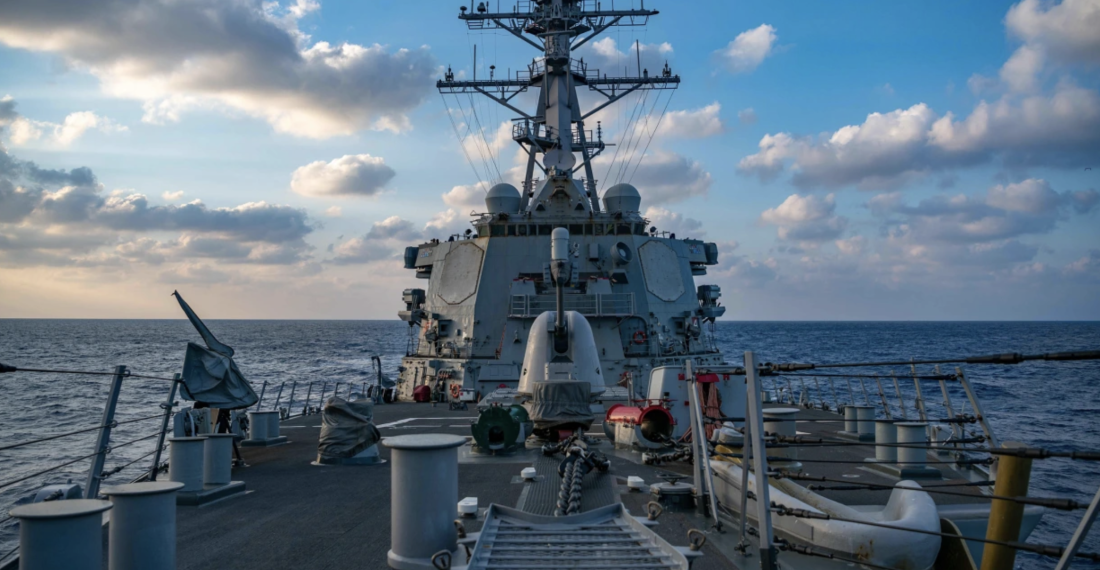The Chinese Navy claims to have expelled a US naval vessel from a reef in the South China Sea. Washington confirms that a submarine hunter is operating in the area, but rejects Beijing's accusation that the USS Higgins acted illegally.
The incident reportedly took place in internationally disputed waters near the Scarborough Reef. Chinese authorities claim that the USS Higgins attempted to sail through without permission. Beijing is calling this an undermining of Chinese sovereignty and stability in the South China Sea.
A Chinese navy spokesperson told state news agency Xinhua that the order had been given to "monitor, warn, and expel" the US Navy ship. It is unclear whether the USS Higgins was sent away or diverted from its course.
A US Navy spokesperson declined to comment on the matter specifically. According to Washington, the submarine hunter had freedom of passage, and the spokesperson stated that international law had been respected. 'China's statement about this mission is incorrect,' the spokesperson told CNBC news channel.







